The content of the article
Surely the ancient inhabitants of East Asia could not even imagine that the wild plant daikon could once become a real delicacy. But over time, this happened due to the fact that in Japan they managed to produce many varieties that differ significantly from each other not only in taste, but also in size and shape.
Interesting Facts
Translated from Japanese, this sonorous word literally means “big root”, and the plant refers to a variety of radish, which is called Japanese or Chinese.
One of the most popular varieties, which include many original dishes, mainly salads, is aokubidaikon. On the shelves of shops you can recognize him immediately, since the shape he is very similar to carrots, only the external difference of daikon is that it is white in color, thin and much longer.The weight of this variety reaches 5 kg, but roots are usually sold much less weight.
And the most unusual is sakurajima. How can you not remember the fairy tale about the turnip, which pulled out of the ground, and people, and animals. This variety really resembles a very large turnip, the length of which can be more than two meters, and a record weight - up to 50 kg. But the most appetizing fruit is considered not to exceed 45 cm.
It turned out that daikon is not a capricious plant at all, and it is easy to grow it not only in Asia, but also in Russia and other European countries. Therefore, the root vegetable in our time is not a wonder, actively used in cooking. But since there are a lot of useful substances in it, it is also popular in traditional medicine.
What is useful contains a white root
- First of all, many vitamins are hidden in Japanese radish. First of all, this is a whole group of vitamins B and beta-carotene. If you eat 300 grams of daikon, then the body will receive a daily dose of vitamin C. By the way, this is especially important for those who smoke a lot - they have a constant lack of this vitamin. The combination of these vitamins has a positive effect on the nervous system, helps a good concentration.Therefore, before exams or during intense responsible work, it is advisable to include daikon salad in the menu.
- Calcium salts contained here help to quickly get rid of accumulated toxic substances with urine.
- Calcium in daikon is in such quantity to normalize hair growth, and teeth, nails and bones to have healthy, if there is a white turnip every day.
- Traditional medicine offers freshly squeezed daikon juice before you go to bed. Then the dream will be long and calm.
- You can clean the kidneys and liver with the help of daikon.
- Doctors have long recognized that there is a small category of vegetables that dissolves kidney stones. This is daikon, horseradish and radish. But only Japanese radish is the most benign vegetable, because, unlike horseradish and radish, it does not have those mustard oils, because of which the sharp taste is present in vegetables. Therefore, people who have problems with the digestive system, choose daikon for treatment.
- Colds are treated for a long time, but if you include daikon in combination with honey in medical therapy, recovery will come sooner thanks to protein substances that actively inhibit the growth of bacteria.
- Conducted studies have shown that daikon can contribute to the removal of radiation from the human body.The presence of antioxidants in vegetables does not allow active chemical compounds to oxidize directly in the cells of the body. As a result, the risk of developing various diseases associated with exposure of people to chemical, radiation and bacteriological factors is reduced.
- Daikon contains potassium, therefore, included in the daily diet, prevents diseases of the cardiovascular system and the development of atherosclerosis.
- As a dietary dish, daikon is useful for people who have diabetes, and for those who have significantly disrupted intestinal microflora. The juice of this vegetable can affect pathogenic flora, suppressing it, but dysbacteriosis does not occur.
- Daikon heals wounds. For treatment in this case use compresses. The rubbed gruel is applied until the wound heals.
- Women use “white root” when they want to get rid of freckles and strengthen hair. To do this, use lotions, masks, grinding, which is part of daikon.
- In daikon there are phytoncides in sufficient quantity due to which: there is protection against various infections and digestion improves.
For digestion, the root vegetable is also useful in that it speeds up the digestion of foods with a high starch content thanks to active enzymes. Contribute to the good work of the stomach fiber contained in it, enzymes and pectins.
Restrictions on the use of root vegetables
Daikon brings man a lot of good, but still, if it is eaten in sufficiently large quantities, it can be harmful. This is because the vegetable:
- Contains a large amount of essential oils. Frequent consumption of vegetables will eventually lead to irritation of the delicate intestinal mucosa. The consequences will be various kinds of digestive pathologies. For example, flatulence, constant feeling of heaviness in the stomach, increased production of gastric juice.
- The nervous system will deteriorate, and an unreasonable feeling of irritability and sleep disturbance may appear.
- Includes fiber, which in too large doses begins to adversely affect digestion.
- It can provoke a miscarriage in a pregnant woman, affecting the work of smooth muscles.
Contraindications Daikon
- It is not recommended to eat daikon to those people who have chronic diseases of the stomach, kidneys, duodenum, gout, if there is an impaired metabolism.
- To exclude from the diet, daikon will have to those who experience heartburn or allergic manifestations from hypersensitivity to a vegetable due to a vegetable.
How to store the root vegetable
In order for daikon to be stored for a long time and not spoiled, its variety must be taken into account. Fruits grown in the summer, can not be stored for a long time, quickly deteriorate, will be tasteless.
To save daikon for a longer time, it is required to select the more resistant, winter varieties, be sure to release them from the tops, wash, dry and then only place them in a cold place in which the temperature range is from 0 to 5 degrees Celsius. Vegetables are stored only in a dark place, the sun's rays for them are destructive. Poor effect on their preservation and low humidity, it should be a high percentage.
If the roots are kept in the cellar, they are placed in boxes, approximately 20 centimeters high.For better preservation, they are poured with sand, before laying it in layers. It is permissible to store this vegetable with carrots. Periodically it is necessary to check the safety of the daikon, as it is very popular with rodents. If damaged fruits are found, they should be immediately removed by checking the status of nearby ones.
If a balcony is chosen for storing the vegetable, it must be insulated, otherwise the frost will immediately destroy it. Daikon should in this case be wrapped in a dense plastic film.
Daikon has some advantage over other vegetables. His enzymes become more active by spring, and when the rest of the fruits have already lost their beneficial substances, daikon is in the lead as a source of vitamins and mineral components.
Culinary possibilities of daikon
Like to use daikon in various dishes due to the fact that he has a great taste, and no bitterness. You can cook the most simple salad, rubbed the root and seasoned it with vegetable oil or any sauce. And you can, as they cook in China, bake a cake, or, as in Japan, put in the soup, as well as pickle, dry or boil.
Most often fresh root food is eaten. He has a very delicate taste.But its green leaves are also actively used in salads and other snacks. They can be fried and stewed. Daikon is very harmoniously combined with many products, so you can cook a lot of delicious dishes with it. But you need to rub it directly before serving, because after processing, after a few hours, it will lose many useful properties.
Video: the use of daikon

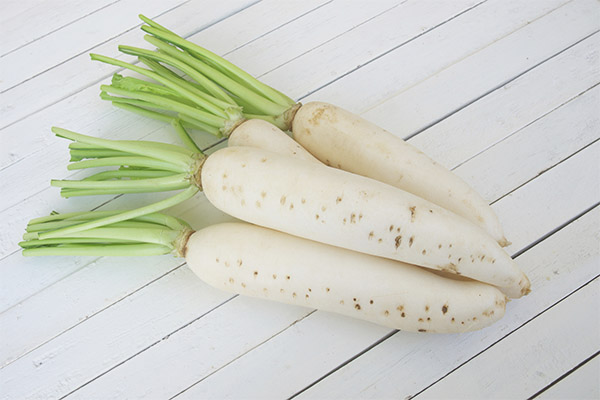
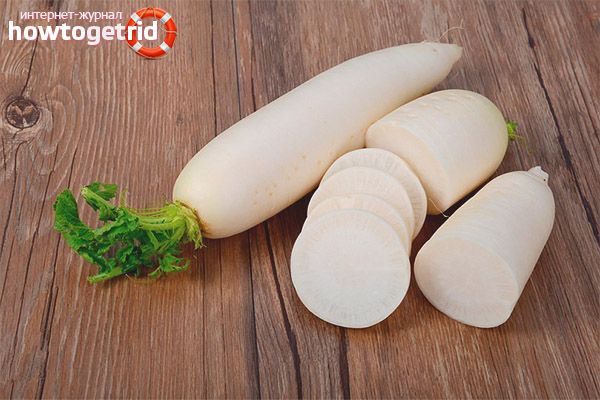



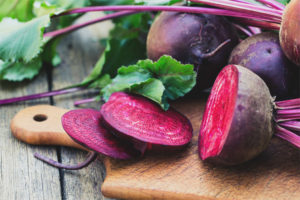
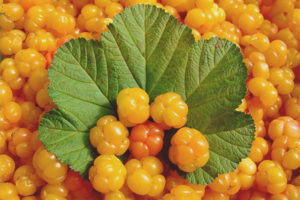
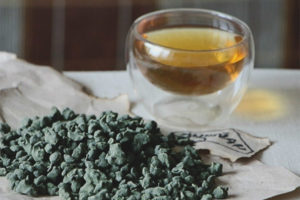
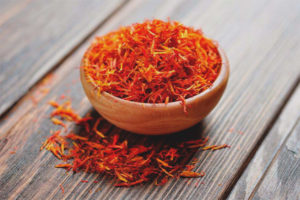
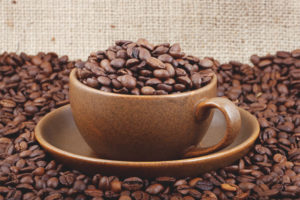
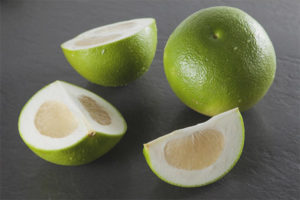
To send